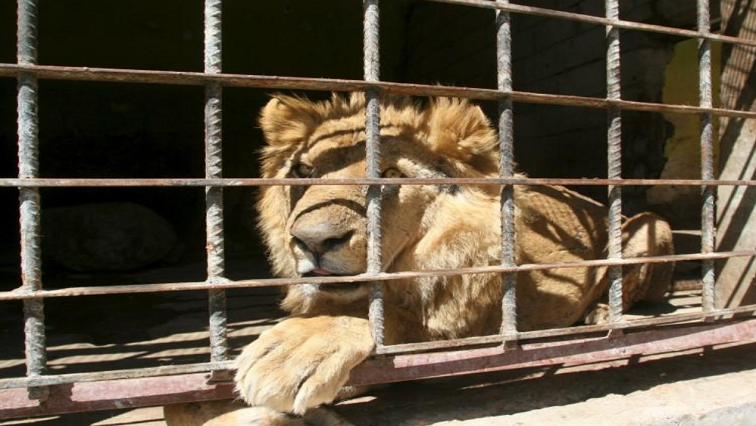All captive lions or lions bred for commercial use must be ethically and humanely euthanised. This is one of the recommendations of the High-Level Panel appointed by Forestry, Fisheries and Environment Minister Barbara Creecy.
The panel investigated the management, breeding, hunting, trade and handling of 5 of South Africa’s iconic animals, namely elephant, lion, leopard and white and black rhino.
The panel also recommended that the status quo of South Africa not trading internationally with rhino horn, remains.
The 25 panelists were divided on the recommendations for the management of captive lions. The majority, however, want the captive lion industry in South Africa to be halted immediately.
“The panel identified that the captive lion industry poses risks to the sustainability of wild lion conservation resulting from the negative impact on eco-tourism, which funds lion conservation and conservation more broadly. The negative impact on the authentic wild hunting industry and the risk of trading in lion parts poses to stimulate poaching and the illegal trade. The panel recommended that South Africa do not breed capture lions, keep lions in captivity or use captive lions or their derivatives commercially,” says Creecy.
The panel also recommends ethical and humane procedures to euthanise existing captive lions, as well as the appropriate disposal of existing lion bone stockpiles and lion bone from euthanised lions.
Cub petting and so-called volunteer tourism must also stop.
Owner of the Mystic Monkeys and Feathers Zoo, outside Pretoria, Christa Zaayman, offers lion interactions with visitors. She’s strongly opposed to the recommendations.
“I think it’s totally insane. Why will you euthanise an animal that is still young? At the end of the day, if we cannot breed lions or keep them in captivity, you will see lions will get extinct soon.”
There are recommendations to retain the ban on international trade in rhino horn, elicit similar strong comments from commercial rhino farmers.
One such, Barry York, says the panel’s decision to keep the status quo will not ensure the conservation of the species.
“Many of these recommendations will not lead to the saviour of our species. They will lead to the destruction and the eradication of our species. They will pave the way to the extinction of our species. We need to change the way we do business. And don’t talk to us as being partners if we are not treated as partners, but the majority of people who own and pay for the protection of the rhino are the people who want a pro-trade agreement with CITES.”
Chairperson of the High-Level Panel, Pam Yako, refuted the claims, saying the panel received and considered inputs from several commercial rhino farmers.
Creecy says a policy paper on the recommendations for public consultation will be out in a few weeks’ time. A White Paper on bio-diversity management, which will contain the final recommendations of the panel, will take about a year to complete.






